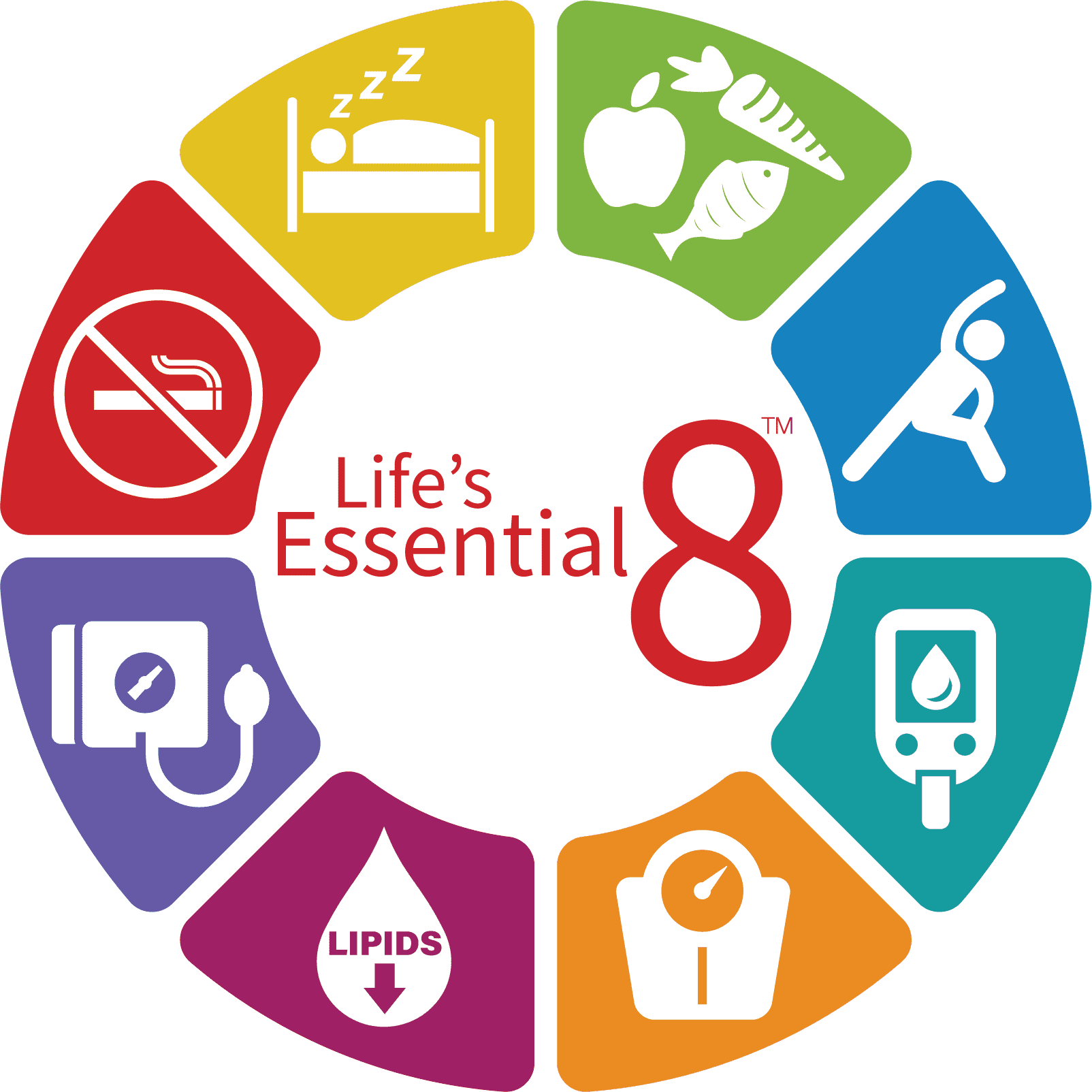By Alyssa Dearborn
“So, when I first wanted to start my own business in holistic medicine, I didn’t know where to start,” said Shamin Thakur, holistic medicine specialist and owner of Wellness of Being, when asked about how the WBOC helped her start her business, “So someone had suggested this group. I went to the first meeting and it was so informative and then they gave me a mentor to help start my business. They gave me so much invaluable teachings, which I wouldn’t have ever known because I’m new to the business world. They gave me the steps to follow to start my business.”
Shamin grew up in Syracuse and earned her medical degree from Bangalore University in India. She eventually used what she learned about both conventional and holistic medicines to start Wellness of Being in Fayetteville, where she gives clients the tools they need to live a holistic life.
“I started my business back in 2019.” She said, “I’ve always had an affinity towards holistic medicine. My background and education is in conventional medicine from India and I wanted to delve deeper into seeing the whole aspect of a person in regards to health. Not just the physical, but all the other areas that contribute to your health, whether that’s nutrition, your sleep, your lifestyle, all that. So that’s why I went into holistic medicine, because I wanted to be the change that was lacking in healthcare at the time.”
Wellness of Being offers many holistic practices to clients, including reiki. But an ancient science from India called Ayurveda is one of Shamin’s specialties and a practice that helps guide her business’s offerings.
“Ayurveda is an ancient science from India, which is over 5,000 years old.” Shamin explained. “And being of Indian origin, we do use aspects of Ayurveda in terms of herbs and spices to help with some ailments you might have. So that was part of the culture, but I didn’t know the depth of it until I started studying it and got certified. It looks at the whole person and individual instead of just certain aspects. It encompasses everything that I wanted to do for my clients in terms of their health and wellbeing.”
Although modern, conventional medicine and holistic medicine practices like Ayurveda offer different ways of seeing a patient’s condition, according to Shamin, the two types of medicine can work together to help a patient.
“So modern medicine, let’s say you go to your doctor’s office, they will give you a diagnosis…most chronic conditions are related to lifestyle, your diet, your stressors, your sleep. So there’s many factors that contribute to your diagnosis. And then the doctor would give you maybe a prescription and they’ll tell you, to help with this condition, to do certain things. Ayurveda tells you these are the things that will support your health to maintain balance with your mind and body. So, the condition is that it bridges the gap between your doctor visits. Most patients don’t know how to bring about changes to their health, so Ayurveda gives you these teachings and tools to help.”
Shamin explained that holistic practices like Ayurveda are considered complementary medicine, meaning that they should be used to complement a conventional practice. It is not a practice that is effective on its own, but it is still a valuable supplement for a healthy lifestyle.
“So complementary medicine, it complements Western medicine in the fact that it’s not to negate from what Western medicine is.” she explained, “It means you add to it to help you increase the health benefits, like, to increase the management. It’s not to say ‘don’t take the prescription’, ‘don’t go to your doctors’, instead, it’s saying ‘do all that, but also this.’ It’s complementary, not negating from.”
But Shamin wants to not only tell patients about the value of complementary medicine, she wants to encourage other healthcare professionals to learn about it as well.
“I think doctors have to be open to helping their patients,” she continued, “know that there are tools out there for them to bridge the gap between holistic health and the doctors. I think that’s important to know. There’s more that patients can do for themselves.”
Like most people who strive to work in healthcare, Shamin has made it a mission to help those who come to her business for help. Helping her clients and providing them with the tools to live a more holistic life is something that makes her work worthwhile.
“It’s really giving my clients the tools to work with, to educate them, to actually see the difference it makes.” she said when asked about the most rewarding part of her work, “Giving them that, their own power, to know that they can affect their own healthcare because each one of us has the ability to overcome any challenge regarding our health. To give that support and that journey, that’s what’s rewarding. And the hope that things can be improved and things can be better. You are not your diagnosis, but you can take from that diagnosis and improve upon it.”
If you want to learn more about Wellness of Being and Ayurveda, visit www.wellnessofbeing.life








You must be logged in to post a comment.